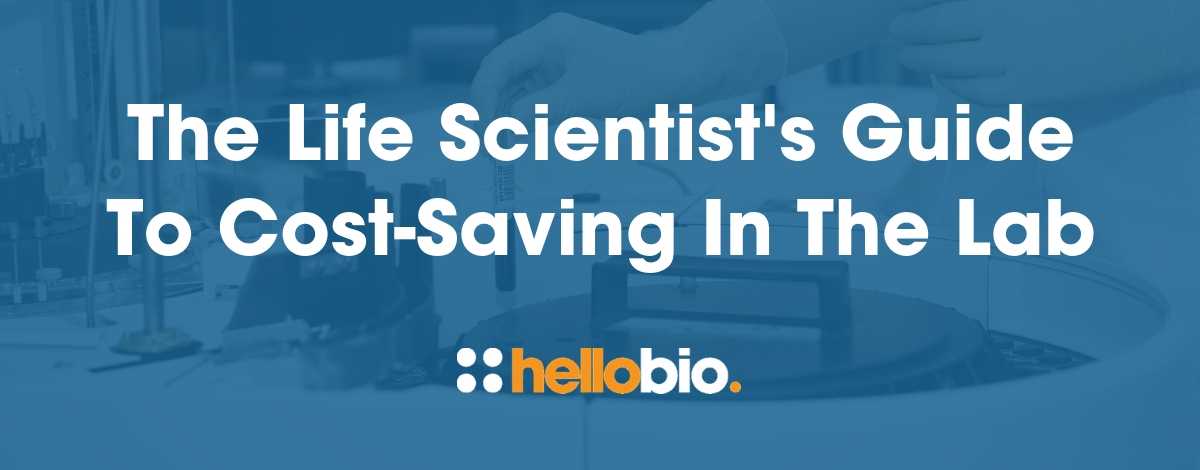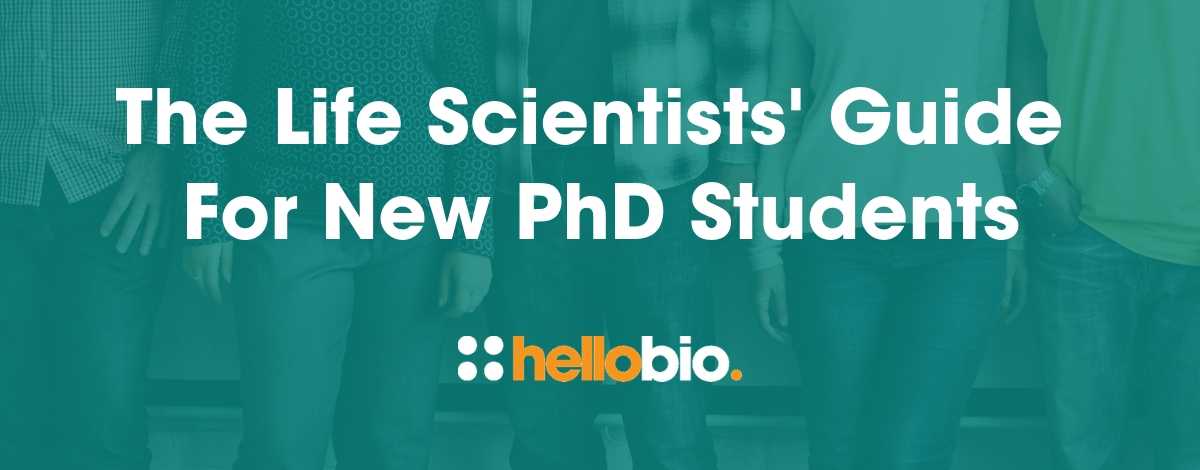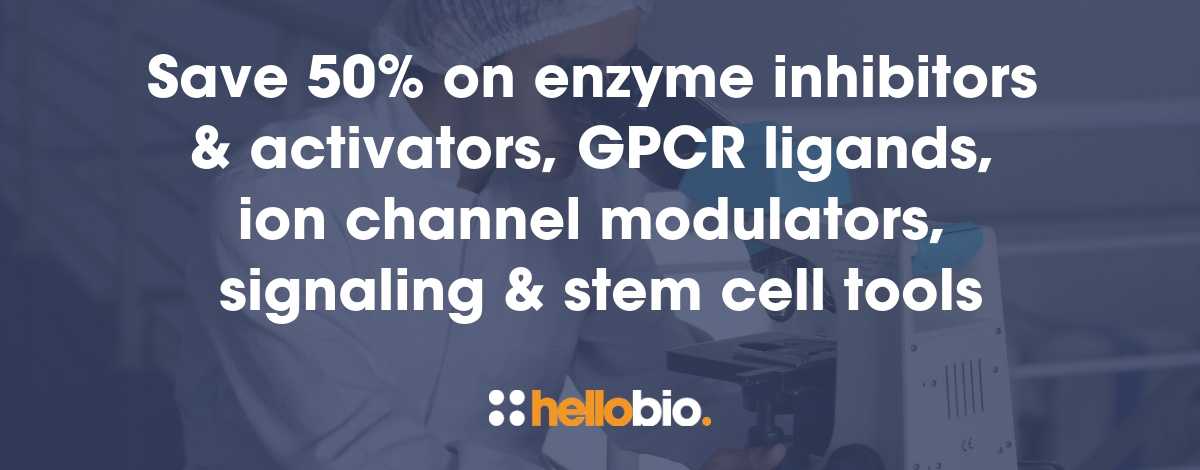Working in Science Academia: A Survival Story
Most of us start the new year by making New Year’s resolutions. As a postdoc (fifth year after PhD), besides spending more time with my family and hitting the gym more often, mine was to find a tenure-track position in 2019.
The first two are straightforward: the more time you invest in your family and health, the better you will feel. But how do you get your academic career to the next level? The more time you spend in the lab, the more papers you publish, lectures you give, and conferences you attend unfortunately doesn’t equal the amount by which you improve your chances of a permanent position.
So, what does improve your chances? In this blog, I want to share the difficult but valuable lessons I’ve learned, to help fellow early career researchers avoid some of the mistakes I made. Ready? Please put on your safety glasses and lab coats, and let’s begin.
Lesson 1: Relationships really matter
After my PhD, I wanted to become more independent. So, I moved to the other side of the world. I was lucky that my husband was able to take leave and join me to care for our daughter, who was one year old at the time.
I managed to secure a Belgium Research Foundation travel grant to cover most of our living expenses. We rented out our house, got our VISAs, and moved continents. Life was good, we had a good time, my husband took our daughter to children’s play dates at the local library. I spent most of my days and weekends in the lab, starting really early because I tried to cram too many experiments in. At the weekends, I felt obligated to my family to explore the country, so I found myself camping every two months and being awake super early in the mornings. In the end, I was fatigued. But, I was also happy that I had managed to finish all my experiments on time.
Back in Belgium, three years after this stay abroad, I submitted an application for a PI position, and contacted my former PI for a recommendation letter. My enthusiasm disappeared when he sent back a reply that he wouldn’t give me one. I thought I might have phrased myself in the wrong way, and emphasized that this was a position I was perfect for, referencing my CV and scientific goals, and sent the request again. His reply this time was that he didn’t feel comfortable doing so. After asking why, I never got an answer back.
In my mind, I had essentially worked for free (paid for by my national travel grant) for one year for this PI, we had published three papers together, and I never got any complaints. Yet, apparently, he felt that I wasn’t good enough to write a recommendation letter for. That really hurt, and it felt unfair.
On reflection, however, I learnt a valuable lesson. Looking back, I didn’t do my research about the lab in advance. I solely followed my own research interest, and didn’t give much thought to the fact that few others in the lab were working on my subject.
So, what’s my advice? Always do your homework. Investigate the place you’ll spend the next several years, get to know the people you’ll be spending that time with, and the PI you will at some point be asking to promote you in the subsequent stages of your career. The right mentorship fit is elusive, and should be considered more carefully. Conferences can also be a good way to meet prospective PIs.
Lesson 2: Keep your long term goals in mind
Two years ago, my family and I found ourselves abroad again. This time, I managed to acquire a travel grant for a project in Europe, together with my host institution.
My husband and daughter joined me again, this time he took parental leave for her. The country was superb, the people were friendly, the food was excellent. I worked a lot, almost managed to complete the project in these six months, and again enjoyed family time outdoors camping and hiking. One year later, the paper is still underway... but this is mainly down to me because I fell pregnant and gave birth in between for the second time.
While working there, I submitted an application for a prestigious Marie-Curie fellowship on a different topic, for a different institution. Then last year, at an international conference, one of my two direct supervisors from this second stay abroad and senior author on the paper that’s in progress, came up to me and said she had to apologise. I asked why. She said that she got my Mare-Curie proposal to review and declined it, because it felt “inappropriate” since she knew me so well. At first I thought she was completely right, but thinking about it now, it leaves a bad taste in my mouth. Since the Marie-Curie fellowship puts equal emphasis on the applicant’s as well as project’s excellence, who better to evaluate this than a former collaborator?
I read the fellowship procedures and guidelines again and again. The proposals are arbitrarily designated to three referees in the expert panel you submit to, thus it was indeed a coincidence that mine went to her. I didn’t know she was in these panels, and one cannot choose (or embargo) a referee.There are no explicit exclusion rules for referees, like having published together with the applicant the past x many years. Indeed, this was simply bad luck for me in terms of how this person perceived “the rules”... and her relationship to me.
The biggest lesson l learnt from this experience is that befriending your colleagues and supervisors isn’t always a good idea. It’s better to keep boundaries in place and engage professionally than to become too familiar. A postdoc position is not just a training ground to gain the skills, techniques, and tools for advanced research or for a tenure-track position. You always have to keep your strategic career plan in mind, and be working with your supervisors to support you in a way that can help achieve your goals.
Lesson 3: Perseverance, perseverance, perseverance
In my latest attempt to secure a tenure-track position, I was successful in obtaining another travel grant and once again, we made the move overseas. This time my husband took up his parental leave for our youngest, we found ourselves a little Airbnb flat, and got settled. My husband found all the local playgrounds, and I started my position. So far, so good.
After six weeks in the clinic, I got the impression that my supervisor and I weren’t seeing eye to eye. I was never properly introduced in the lab, nor given the chance to present myself or my research. I realised, once again, I wouldn’t end up with a useful referee this time. This time though, I knew it beforehand. And I was able to do something about it. I started reaching out, and secured myself a talk at another leading lab, so kudos to me!
The lesson I learnt this time is that perseverance and proactivity pays off. When you can see something isn’t working out, learn from the past, and take action. I still think networking is the most important aspect of a scientists’ career development, but the thing that contributed most to my success was sticking with it. After receiving many “Nos”, I felt pretty down. But, learning from my past experience, I was able to shake those feelings off and look ahead to other opportunities and paths, and that made all the difference.
So, what’s the next step?
We are now back home, enjoying quality time with our family. True, our bank accounts are empty because of all the traveling and moving abroad. But the experiences I’ve had have taught me valuable lessons, it was all good investment, and I’m confident it will soon pay off. And our hearts and memories are forever filled with our adventures, and that’s really something.
I’m back working long hours in the lab, supervising five Master’s students, teaching several courses, and giving STEM4kids workshops outside office hours. My husband is back to his day job, and we’re settling back into normal life. At least, as far as normal can get when you work in academia.
In conclusion, I’ve found my PhD to be my ticket to the world. I’d never left Belgium before my 26th birthday, so I can certainly say that it opened my horizons. My children have lived in three different continents before the age of six, I’ve managed to get a lot of travel grants and VISAs (believe me, this is harder than having a baby), and we made it work as a family. So overall, I can’t be bitter about where I am, even though it’s not where I initially wanted to be. I’ve had some good and some bad experiences, and I try to always stay positive. Focusing on what I’ve learned helps that.
And, if you want to embark on a career in academia, I hope that this blog post has been insightful. It’s good to be aware of what you’re starting, that things can be unpredictable, that you might even end up taking the long way around sometimes… but I wouldn’t change it for the world.
______________________________
If you enjoyed reading this article, why not check out the other resources available on our blog. In particular, we're passionate about supporting early career life scientists and PhD students - with affordable reagents and biochemicals, travel grants, and resources to help with both personal and professional development. We know how tough it is - so we hope you find these helpful!
Advice & guidance for life scientists
Click below to view our of essential guides and articles includes to support life scientists, PhD students & early career life scientists:
Wellbeing for scientists
Click below for our resources to help improve your wellbeing:
Travel grants
Every month we give away $500 to PhD students and Postdocs so that they can attend a scientific conference - click below to find out more:
Technical resources
Try our Molarity Calculator: a quick and easy way to calculate the mass, volume or concentration required for making a solution.
Try our Dilution Calculator: an easy way to work out how to dilute stock solutions of known concentrations
Click below to see our Mini-reviews, Pathway Posters & Product Guides: a set of technical resources to answer your questions on a wide range of topics and to help you get started quickly.
And - when you get to the stage of planning your experiments, don't forget that we offer a range of agonists, antagonists, inhibitors, activators, antibodies and fluorescent tools at up to half the price of other suppliers - click below to see how we compare with other suppliers:





















